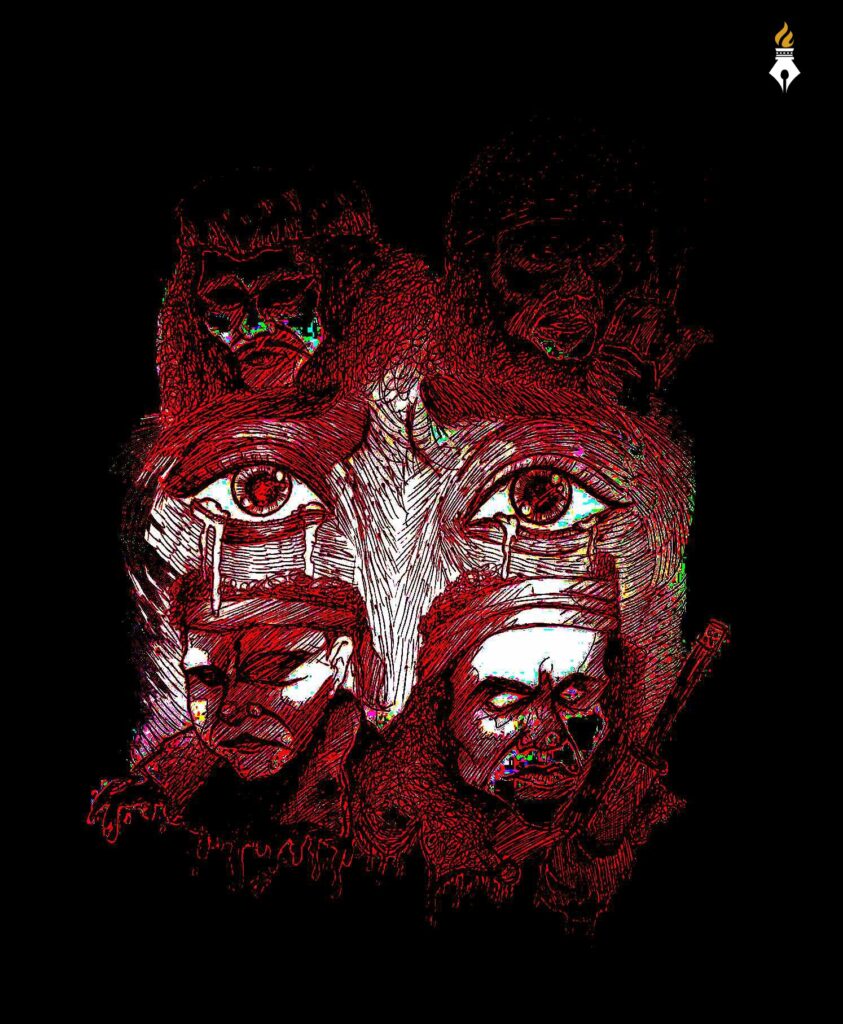In the stilled waters, before the soft ripples swayed us in, was a thunderstorm. A dark and nightmarish thunderstorm that commands you to remember each of its roars in the slightest vision of light. To truly make sense of today, we must remember the roots that have allowed us to spring from the depths of the ground and bear the fruits of today. It is history. It is a narrative not a tale. Those who have shoaled the depth of the current and constantly rowing the oar to propel through the tidal waves.
In the Bangsamoro historical achieves, we can slip through the pages of our ancestral struggles which placed us today to the farthest ambition— the long overdue sustainable peace and self-determination. The atrocities and massive social injustices became the current of our forefathers to navigate the moro’s liberation.
The Jabidah Massacre, which savors the sour period in the Philippines’ past, is the herald of the human cost of political ambition, human rights pursuits, and the quest for power.
In the numerous battles the Rock have witnessed lays the forgotten story 56 years ago, of the merciless baring of the blood of our moro brothers in Corregidor Island.
In 1967, a top secret operation was set up by then president Ferdinand Marcos Sr., acting upon the preluded assertion by the president before him, Diosdado Macapagal in 1962 to reclaim Sabah. Sabah refers to the northern part of Borneo in Malaysia which was believed to be territory of the republic of the Philippines. This undertaking was named Operation Merdeka.
To be realized, operation merdeka needed the force and so the recruitment of 180 tausug and sama men. They were rigorously trained for guerilla warfare first in Camp Sofia in Simunul,Tawi-Tawi then transported to Corregidor on December 30, 1967. Upon their arrival on January 03, 1968, they were named “Jabidah”. Their training resumed where they were unfairly treated in comparison to their commanders and were without the due compensation promised for their services, “We received not a centavo. We were fed dried fish, and for coffee, we would use rice leftovers. The commanders were living in luxury, while we were living with almost nothing at all,” Jibin Arula, a survivor of the massacre, in his statement.
And as the true nature of the operation started to unfold, of being specifically organized to fight and possibly kill their muslim brothers in Sabah, which is against the sense of kinship in the islamic faith have tried to unrelentlessly complain and plead through a letter addressed to the president revealing the maltreatment and false promises they have been given.
The letter was left unsent. And on March 18, 1968, the Armed Forces of the Philippines barbarously executed the recruits.
The Jabidah Massacre sparked outrage and condemnation afterwards across the Philippines. It exposed the negligence for human rights and the dignity of its citizens. The incident also fueled the flames of separatist movements in the southern Philippines, igniting decades-long conflicts that continue to haunt the region to this day.
The history of massacre leaves an indelible bloodstain which continues to commemorate the fragility of democracy and the enduring struggle for justice and freedom.
We shall never condone the scars of the past which recount the heroism and valor of our ancestors who have shed blood, persevered, and dedicated their lives. For only by reminiscing the darkest history can pave the way for a brighter and more just future. So as long as the injustices are being remembered, our martyr’s struggles shall always be remained and honored.

